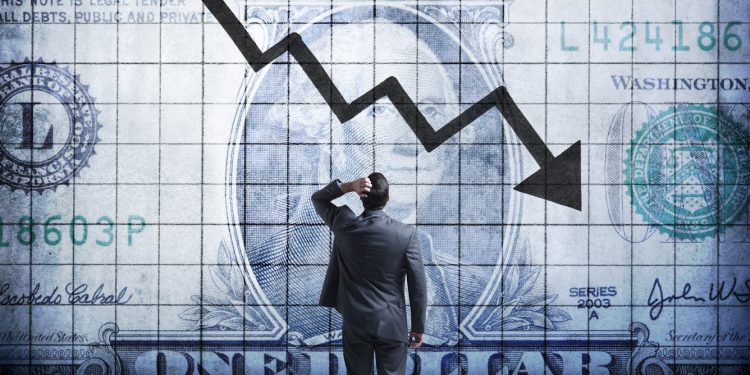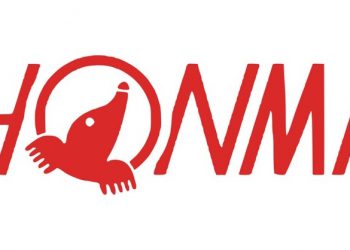Republican-leaning economists tend to predict stronger economic growth when a Republican is president than Democrats do – and because of this partisan optimism, their forecasts end up being less accurate.
I’m an economist, and my colleagues and I found this by analyzing nearly 40 years of responses to The Wall Street Journal’s Economic Forecasting Survey. Unlike most such surveys, the Journal publishes each forecaster’s name, allowing us to link their predictions to their political affiliations.
The respondents were professional economists at major banks, consulting firms and universities whose forecasts help guide financial markets and business decisions. Out of more than 300 economists in our sample, we could identify the political affiliations of 122. We did this by looking at the forecasters’ political donation records, voter registration data and work histories with partisan groups.
The pattern was striking: Republican forecasters systematically predicted higher gross domestic product growth when their party controlled the presidency, representing roughly 10% to 15% of average growth rates during our study period.
When we examined forecast accuracy using real-time GDP data, Republican forecasters made larger errors when their preferred party held office. This suggests partisan optimism makes their professional judgment worse.
What makes this finding particularly notable is its asymmetry. The partisan gap emerged specifically during Republican presidencies. Under Democratic Presidents Bill Clinton, Barack Obama and Joe Biden, Republican and Democratic forecasters made virtually identical predictions. That wasn’t the case when George W. Bush, and later Donald Trump, occupied the White House.
Interestingly, this bias appears only in GDP forecasts. When we analyzed predictions for inflation, unemployment and interest rates, we found no systematic differences between Republican and Democratic forecasters.
That makes sense, because GDP forecasts are inherently more uncertain than other economic predictions. Professional forecasters tend to disagree more and make more mistakes when predicting GDP compared to inflation or unemployment rates. This creates opportunities for partisan ideologies to sneak in.
We traced the bias to different views about the effectiveness of tax policies. Using Google Trends data to measure when tax cuts were in the news, we found Republican forecasters become systematically more optimistic precisely when tax policy discussions heat up.
Why it matters
Previous research has found that most people have a strong partisan bias when they make economic predictions. Our work is the first to show that professional economists can also succumb to such influences – despite their training and market incentives to be accurate.
Their errors can come at a high price. Financial markets, policymakers and businesses rely on economists’ forecasts to make major decisions. When the Federal Reserve sets interest rates, when companies plan investments and when investors allocate portfolios, they often reference these professional consensus forecasts.
Our research challenges a common assumption in economics: that aggregating diverse expert forecasts eliminates individual biases and improves accuracy.
This doesn’t mean professional forecasters are incompetent or dishonest. These are highly trained economists with strong financial incentives for accuracy. Rather, our findings reveal how even experts with the best intentions can be unconsciously influenced by their own ideological beliefs – especially when dealing with inherently uncertain data.
What still isn’t known
Several important questions remain unanswered. It’s unclear how this bias might be reduced. Would making forecasters more aware of their political leanings help reduce the effect? Or would developing new forecasting methods that weight predictions based on historical accuracy during different political regimes improve consensus forecasts?
We’re also curious whether institutional factors matter. Might forecasters at institutions with explicit political diversity policies show less bias? How do international forecasters viewing the U.S. economy compare to domestic ones?
Finally, our research focuses on U.S. forecasters during a period of increasing political polarization. Whether similar patterns emerge in other countries with different political systems, or during less polarized times, remains an open question.
The Research Brief is a short take on interesting academic work.
![]()
Aeimit Lakdawala has previously received funding from NSF.













